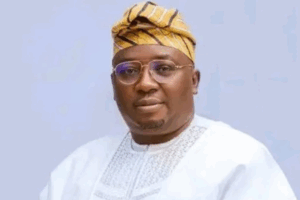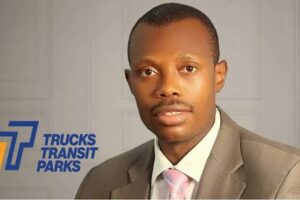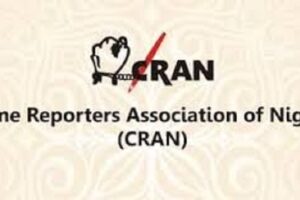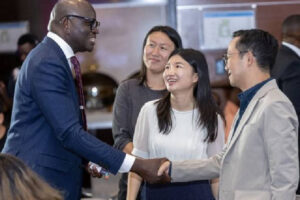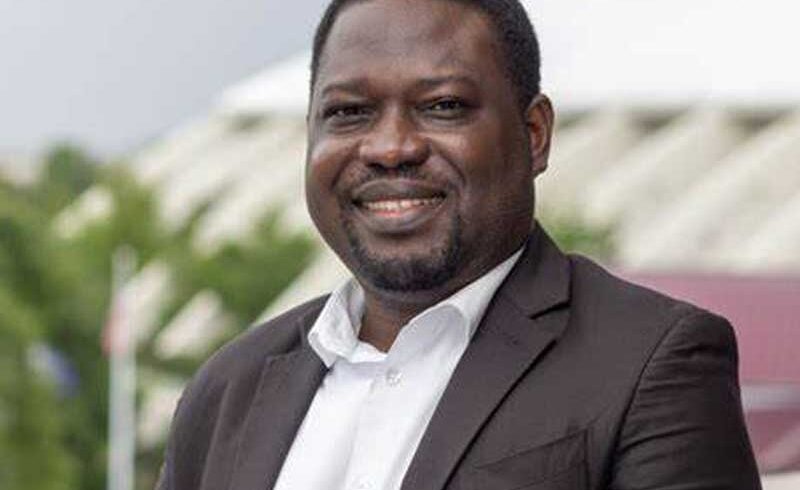
Ayodeji Ake
US-based Nigerian expert, Dr. Adedeji Afolabi, a construction technology expert and Assistant Professor in the Department of Engineering Technology at Tarleton State University, Texas, has identified severe shortage of skilled construction workers as Africa accelerates efforts towards industrialization and infrastructure growth, saying the continent must act urgently and smartly to address these issues.
With over 15 years of combined academic and industry experience, Afolabi is a leading voice in workforce sustainability, construction robotics, human-robot interaction, and smart automation systems.
His research focuses on integrating Digital Twin and Artificial Intelligence (AI) to enhance productivity, skill acquisition and workforce health and safety.
“Africa is building more but training less. We’re witnessing an expanding construction sector without a proportional development of its human capital. Digital Twin and AI present an immediate and scalable solution,” Afolabi warned.
According to him, Digital Twin is a virtual model of a real-world process, system, or asset. It allows users to simulate, monitor, and optimize scenarios before physical deployment. When embedded with AI algorithms, Digital Twins can identify skill gaps, predict equipment failures, optimize task sequences, and simulate ergonomic risks in real time.
Afolabi’s award-winning research proposes a human-in-the-loop digital twin framework, which has shown promising results in boosting worker safety, reducing task fatigue, and increasing productivity by up to 28 per cent, based on pilot studies in controlled environments.
His work—published in journals like Journal of Information Technology in Construction and Advanced Engineering Informatics—demonstrates how African construction sites can adopt these technologies without exorbitant costs.
“We’re not suggesting fancy tech for tech’s sake. These tools enable real-time decision-making on worker placement, equipment use, and training intensity—vital in high-risk and labour-intensive construction zones,” he clarified.
In a press statement recently, Afolabi advocated AI-driven intelligent tutoring systems to revolutionize construction training.
According to him, these platforms adapt to a worker’s learning style and pace, offering custom modules in construction drawing interpretation, safety compliance and digital tool operation.
His studies have shown that integrating sensor-based wearables and computer vision into training environments can reduce training time by 30–40 per cent, improve knowledge retention by 50 per cent, and reduce early-career site accidents by up to 45 per cent.
“AI doesn’t just train faster—it trains smarter. An artisan can now learn safety protocols through a simulation, not by trial and error on a live construction site,” he noted.
Afolabi believes that intelligent automation, Digital Twin simulations, and real-time AI analytics can bridge that gap.
Using predictive analytics from Digital Twins, African construction managers can simulate jobsite logistics for optimal material flow, identify high-risk ergonomic movements for workers, match worker profiles with task assignments for better efficiency, and reduce waste and carbon emissions by up to 20 per cent.
He ties this vision to the United Nations Sustainable Development Goals (SDGs), especially SDG Eight (Decent Work and Economic Growth) and SDG Nine (Industry, Innovation and Infrastructure).
“By digitizing construction processes, we not only improve jobsite safety and productivity—we make the industry more attractive to youth, women and tech-minded professionals,” he explained.
One of Afolabi’s notable publications, ‘Digitizing the Grey Areas in the Nigerian Public Procurement System’ remains a leading reference on anti-corruption and process efficiency in the construction sector.
“Africa has brilliant minds and bold visions. What we need now is the right digital infrastructure and government buy-in,” he stated.
As a next step, Afolabi called for integration of Digital Twin platforms in engineering and technical institutions across Africa, public-private partnerships to deploy AI-based workforce analytics in large-scale construction projects, cross-border research initiatives to adapt these technologies to local contexts, and funding for start-ups and tech incubators focused on construction innovation.
“This isn’t just a tech evolution—it’s a workforce revolution. And Africa must be part of it, not watch from the sidelines,” he concluded.
